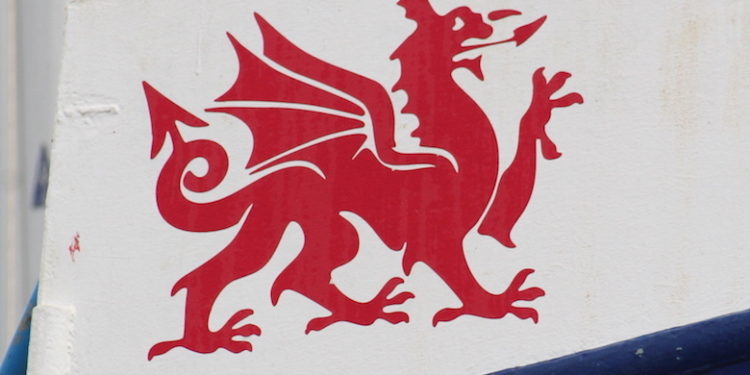Frictionless trade and access to EU markets is essential to the survival of the Welsh fishing industry, while non-tariff barriers could deliver a killer blow according to the National Assembly’s Climate Change, Environment and Rural Affairs Committee.
The Committee concluded that even marginal delays for live shellfish exporters will have a huge impact on the viability of their business. It recommends the UK Government must do all it can to ensure that exporting is as frictionless as possible.
‘Any post-Brexit changes to tariffs on trade with the EU and also hygiene checks of our product at Border Inspection Posts would be a major challenge. A favourable outcome to Brexit negotiations on these two issues will be vital to all Welsh fishing sectors and coastal communities,’ stated the Menai Strait Fishery Order Management Association during its evidence, pointing out that Wales does not get a fair share of the UK’s fishing quota. Once the total quota is shared Wales is left with just 1% compared to other UK nations.
Griffin Carpenter from the New Economics Foundation explained to the Committee that quota allocation did not reflect the total Welsh catch, as it did not include the catch of under-10m vessels, which constitute the majority of the Welsh fleet. Consequently, when the UK quota share was allocated to the constituent nations of the UK based on historic catch records, Wales was disadvantaged.
The Committee is calling on the Welsh Government to fight for a significant increase and to develop an ambitious strategy for the future direction of fisheries in Wales. Members concluded that Wales needs a stronger voice in negotiations with the EU about arrangements for fisheries after Brexit and about the allocation of the UK fishing quota in future.
‘We feel the Welsh fishing industry is at a tipping point,’ said Mike Hedges AM, Chair of the Climate Change, Environment and Rural Affairs Committee.
‘Non-tariff barriers could be a killer blow to an industry already under pressure and which suffers from an unfair quota share from the UK Government. Access to EU markets is essential if these businesses are to survive, while the Welsh Government must fight for a fairer share for Wales and develop an ambitious forward-thinking strategy if the sector is to thrive.’
The Committee makes eight recommendations in its report The impact of Brexit on fisheries in Wales.
These start with a recommendation that the Welsh Government should publish a focused and ambitious strategy to grow Welsh fisheries and it should ensure that the highest environmental standards are maintained.
A further recommendation is that the allocation of quota to Wales under the 2012 UK Fisheries Concordat is not a fair one and constrains the development of Welsh fisheries. The Welsh Government should seek to renegotiate the UK Fisheries Concordat, with the aim of ensuring an increase in quota allocation.
According to the Committee, the Welsh Government should report back to the Committee within the next 12 weeks on discussions with the UK Government about future fisheries policy. A proposed common framework for fisheries management and any proposals for an inter-governmental mechanism to facilitate agreement between the UK Administrations on common frameworks, including fisheries policy, should be addressed.
The report will now be considered by the Welsh Government.









